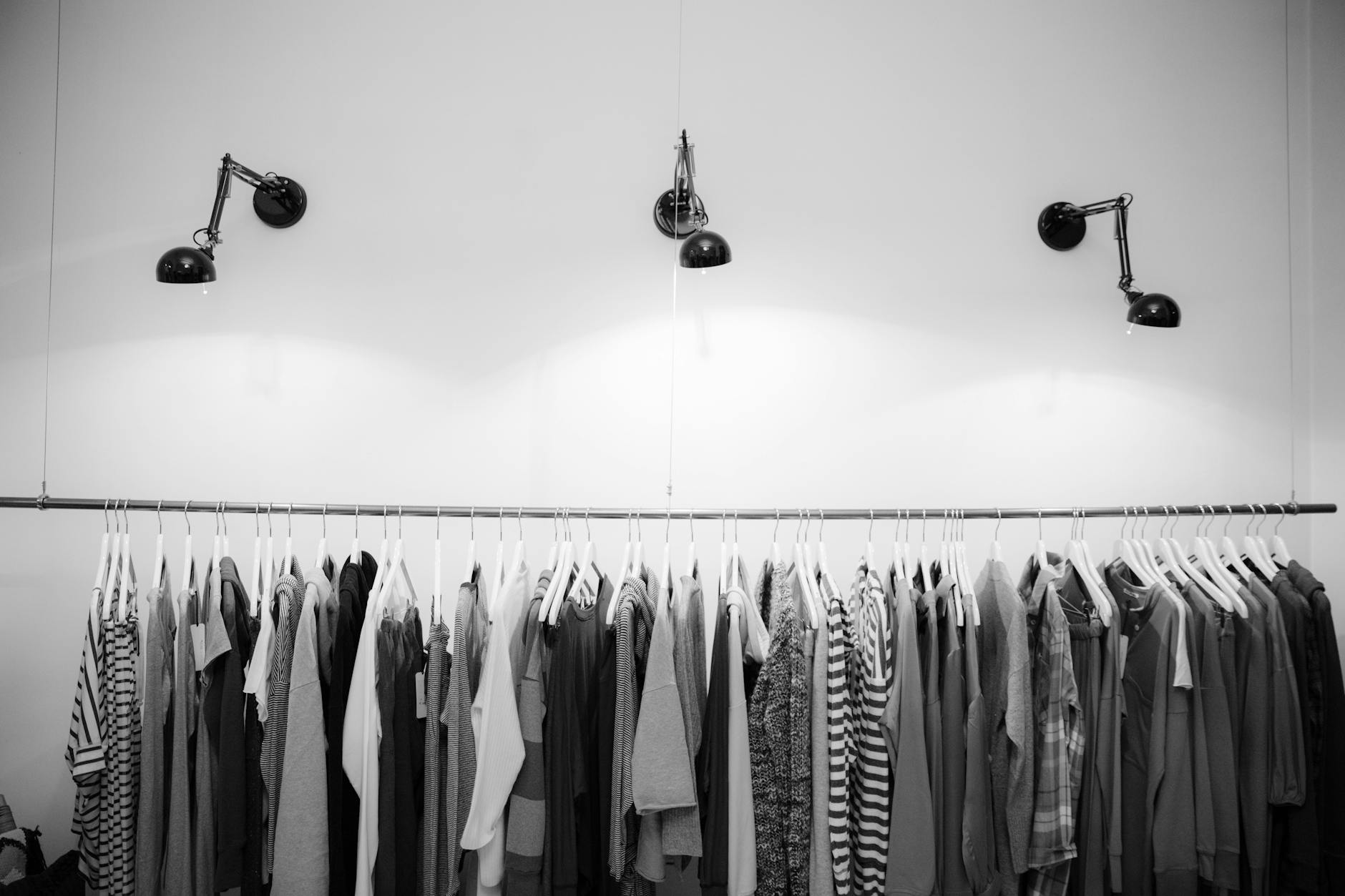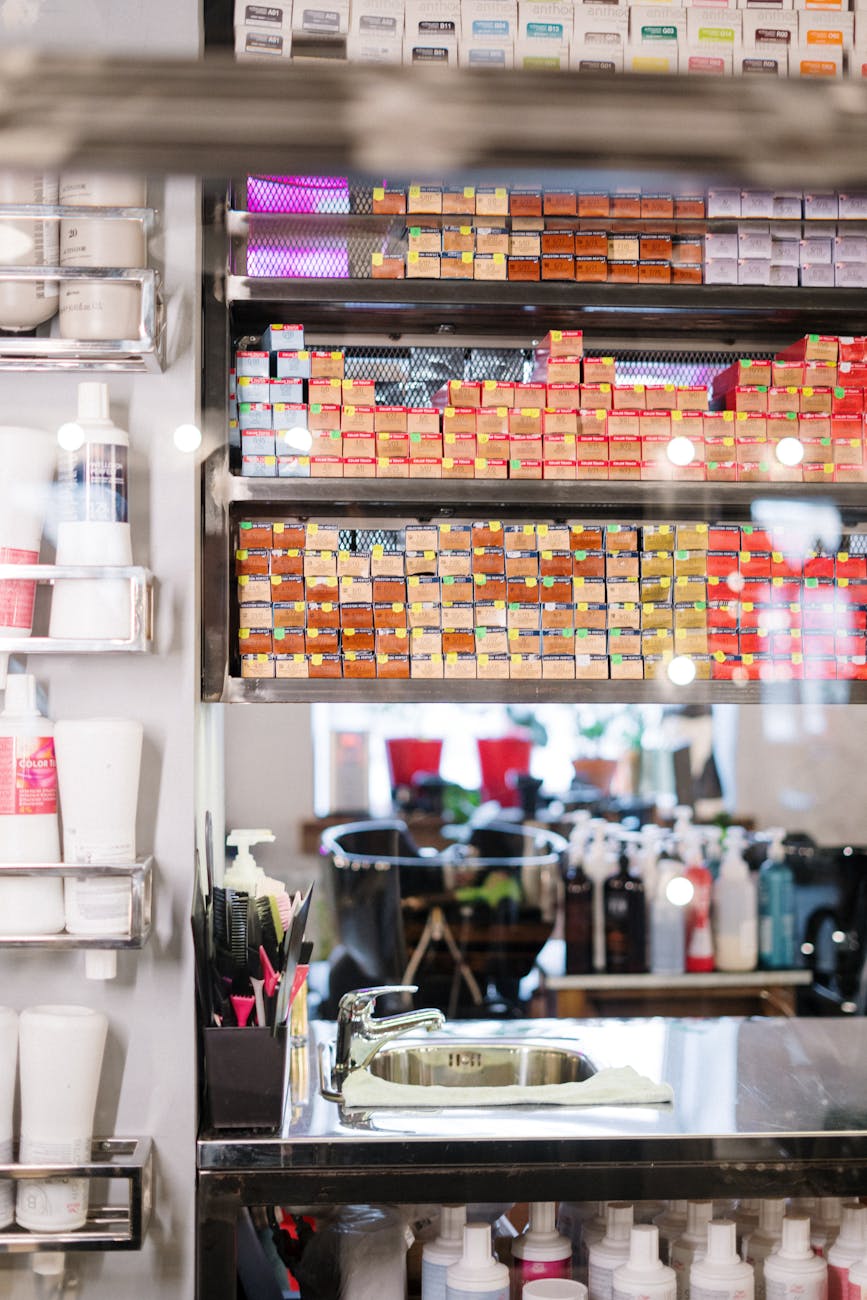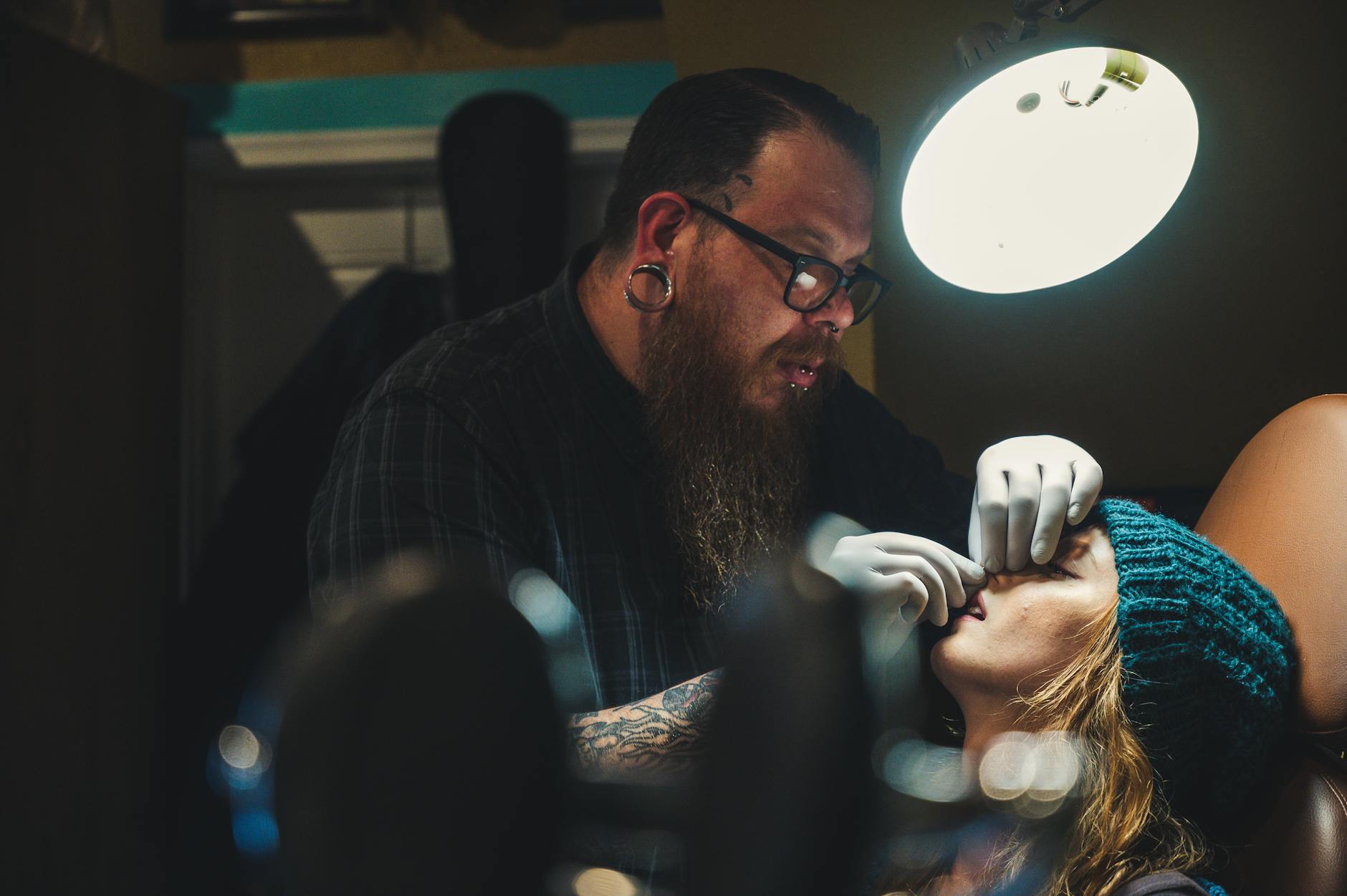Table of Contents
How to Register a Clothing Supplier Business in Namibia

Starting a clothing supplier business in Namibia is a lucrative opportunity for entrepreneurs looking to tap into the growing fashion and textile industry. However, before you can start operating legally, you must go through the proper registration process. This guide will walk you through how to register a clothing supplier business in Namibia, ensuring that your business is compliant with all regulations.
Steps to Register a Clothing Supplier Business in Namibia
To register a clothing supplier business in Namibia, follow these steps:
1. Choose and Reserve a Unique Business Name
Before you can register your business, you must choose a unique name that is not already in use. This is done through the Business and Intellectual Property Authority (BIPA).
How to Reserve Your Business Name:
- Conduct a name search on the BIPA database to check for availability.
- Complete the Name Reservation Application form.
- Submit the form to BIPA along with the N$75 reservation fee.
Once approved, your chosen business name will be reserved for a period of 60 days, giving you enough time to complete the registration process.

2. Select a Business Structure
When registering your clothing supplier business, you must choose the legal structure that best suits your needs. The most common options include:
| Business Structure | Description | Best for |
|---|---|---|
| Sole Proprietorship | Simple setup with full personal liability | Small-scale businesses |
| Close Corporation (CC) | Limited liability for owners | Small to medium-sized businesses |
| Private Limited Company (Pty Ltd) | Limited liability with multiple shareholders | Larger businesses planning for expansion |
Your choice of business structure will determine the documentation required and the registration fees.
3. Complete the Business Registration Forms
Depending on the business structure you choose, you will need to submit different forms to BIPA. Here’s a general breakdown:
- For a Close Corporation (CC): Submit a Founding Statement (CC1 Form).
- For a Private Limited Company (Pty Ltd): Submit the Memorandum and Articles of Association along with the Certificate of Incorporation.
- For Sole Proprietorships: Business registration is simpler, but you still need to obtain a trading license from your local municipality.
Ensure that all forms are correctly filled out and signed by all directors or owners before submission.

4. Submit Required Documents
In addition to the registration forms, you must provide supporting documents, including:
- Certified copies of ID or passport of all business owners.
- Proof of business address, such as a lease agreement or utility bill.
- Founding Statement or Memorandum of Association (for CCs and Pty Ltd companies).
- Consent letter from all business partners, if applicable.
5. Pay Registration Fees and Submit Application
The cost of business registration varies depending on the type of business structure. The Basic Close Corporation Registration package starts from N$2,150.
Once the application is submitted, BIPA will review your documents and process your business registration. If everything is in order, you will receive your official Business Registration Certificate.
6. Obtain a Trading License
Before you start supplying clothing, you need a trading license from your local municipality. The process includes:
- Submitting a completed trading license application form.
- Providing proof of business registration and business premises.
- Paying the necessary fees, which vary by municipality.
7. Register for Tax and VAT with NAMRA
Your clothing supplier business must be registered with the Namibia Revenue Agency (NAMRA) to comply with tax regulations.
Steps to Register for Tax:
- Apply for a Tax Identification Number (TIN) from NAMRA.
- If your business turnover exceeds N$500,000 per year, you must register for Value-Added Tax (VAT).
- Keep accurate financial records to ensure compliance with tax laws.
8. Open a Business Bank Account
A separate business bank account helps manage finances and simplifies tax filing. To open a business account, most banks require:
- Your Business Registration Certificate.
- A copy of your Tax Identification Number (TIN).
- Proof of business address and identification documents of business owners.
9. Protect Your Brand and Intellectual Property
If your clothing supplier business involves unique branding, designs, or logos, consider registering a trademark with BIPA to prevent unauthorized use.
10. Develop a Strong Supply Chain and Marketing Strategy
Once your business is registered, focus on building a reliable supply chain and marketing strategy. Consider:
- Partnering with local and international clothing manufacturers.
- Establishing an online presence through a professional website and social media.
- Offering discounts or incentives for first-time customers to attract business.
Final Thoughts on How to Register a Clothing Supplier Business in Namibia

Registering a clothing supplier business in Namibia is a straightforward process if you follow the correct steps. From reserving a business name to obtaining a trading license and tax registration, ensuring legal compliance will set your business up for long-term success.
By completing your registration through BIPA, NAMRA, and your local municipality, you can legally operate and expand your clothing supplier business.
If you need assistance with business registration, our professional team can handle the entire process for you. Visit BIPA Registration Services or Investing in Namibia to get started today!
Need Help? Contact Us Today!
Complete the form below so that we can help you register your business in Namibia!
How to Register a Camera Store in Namibia
How to Register a Bus Company Business in Namibia
How to Register a Computer Security Service Business in Namibia




